Multi-Disciplinary Spine Practice
Neurological Surgery and Orthopedic Surgery

WHAT DEFINES A
Multi-Disciplinary Spine Practice?
Surgical treatment of disorders of the spinal column can, in most cases, be treated by either neurological surgeons, or orthopedic surgeons. While both specialties treat the spine, in many cases, the training, methodology and approach can be quite different.
Training
Orthopedic surgery is surgical treatment of disorders of the bones and joints. There are many sub-specialties in orthopedic surgery, including total joint replacements, arthroscopic joint surgery, trauma, and sports medicine, to name a few. During a typical 5-year residency, an orthopedic surgeon will be exposed to all of these disciplines, including spinal surgery. In most cases, orthopedic spine surgeons will do a fellowship in spinal surgery after they complete their residency.
Neurological surgery is focused on surgical treatment of the nervous system. This includes treatment of brain tumors, cerebral aneurysms and vascular malformations, head trauma, peripheral nerve surgery, surgical treatment of movement disorders, such as Parkinson’s disease, and spinal surgery. During a 6 or 7 year residency in neurological surgery, a neurosurgeon will be exposed to these disciplines, with 50% or more of their training dedicated to spinal surgery. While most neurosurgeons outside of academics perform some amount of spine surgery, those whose focus is dedicated to spinal surgery may do additional training in the form of a fellowship. The fellowship may focus on complex spinal surgery, spinal oncology, minimally invasive spinal surgery, or deformity.
Historically, as spinal surgery was developing as a separate discipline in both neurosurgery and orthopedic surgery, it was generally considered that neurosurgery focused on decompression of the neural structures, while orthopedic surgery focused on instrumentation of the spine. Over the decades, that distinction has faded. However, differences in methodology and practice patterns have given each specialty a unique and distinct approach for treatment of spinal disorders.
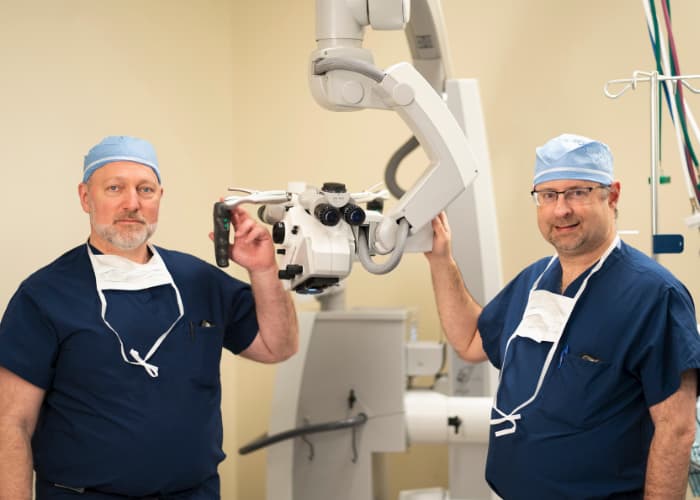
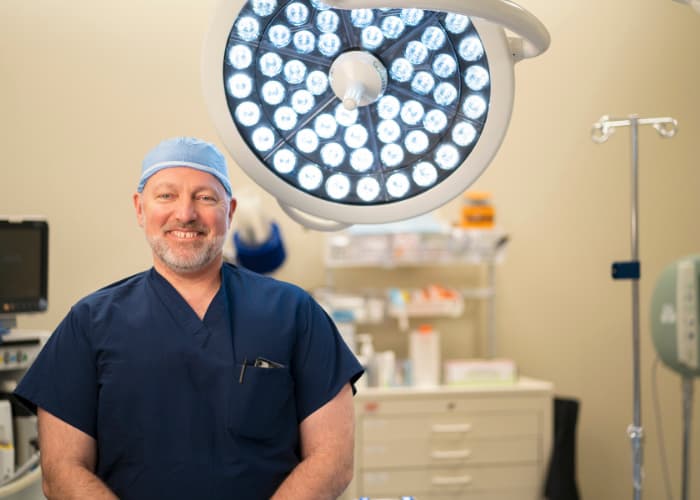
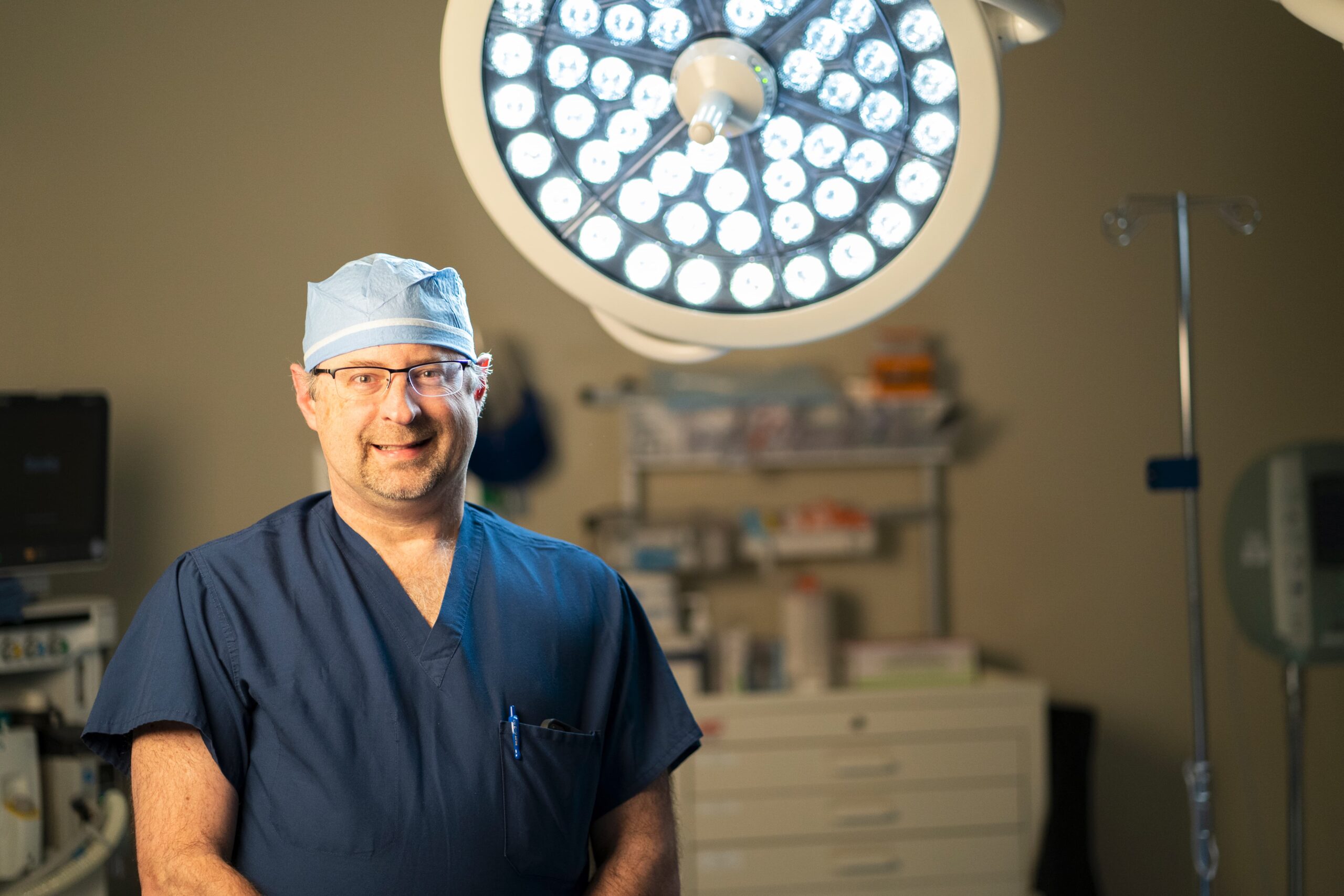
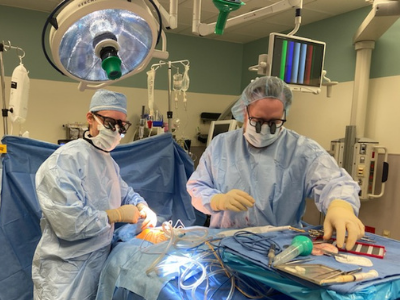
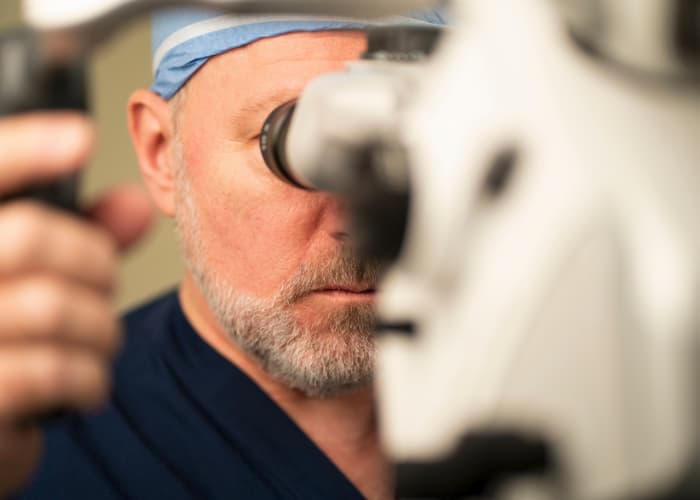
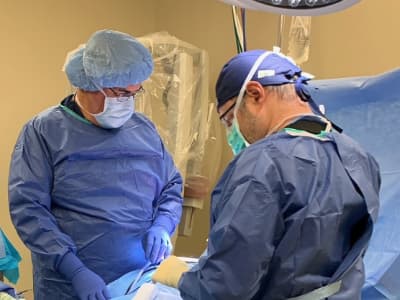

Our Team Approach
Dr. Robert A. Morgan has spent years training, practicing and teaching the most complex surgical treatments for spinal pathology. Dr. Morgan has years of experience in treating scoliosis and complex spinal deformity reconstruction. He specializes in the treatment of patients who have scoliosis, or who have deformity due to multiple prior surgeries which have left patients with a curvature of the spine. These intricate surgeries may be performed in a single setting or staged over two separate operations, and often require an extensive workup to ensure that the patient has the best possible results.
Dr. Kurt Eichholz is one of the few neurological surgeons who is fellowship trained in minimally invasive spinal surgery. In minimally invasive spinal surgery, the goal is to obtain the same results in terms of decompression or fusion, as the case may be, but to reduce the issues that arise from long extensive incisions that are some times required for traditional open spinal surgery. By using small, muscle-splitting tubular retractors, rather than long open incisions, patients have less blood loss, less narcotic requirements after surgery, are able to mobilize faster, and have a lower incidence of infection. A minimally invasive surgical approach can be used for decompression of lumbar stenosis, lumbar disc herniations, fusion surgery, and treatment of intradural tumors.
Both Dr. Morgan and Dr. Eichholz specialize in the most advanced treatments for spinal surgery, including cervical arthroplasty (artificial discs) and imaged guided surgery for placement of instrumentation. When indicated, these treatments can significantly aid in recovery and outcome for certain types of spinal pathology. In addition, Dr. Morgan and Dr. Eichholz frequently scrub together in the operating room on cases of high complexity to provide the best care for their patients.
Dr. Morgan and Dr. Eichholz are each board certified in orthopedic surgery and neurological surgery, respectively. They are both former professors at some of the most prestigious academic institutions in the country. They have spent years not only treating patients surgically, but also training younger surgeons in the most complex and advanced techniques in spinal surgery.
St. Louis Minimally Invasive Spine Center is the only independent practice in St. Louis or the Midwest that has neurosurgery and orthopedic surgery working hand-in-hand, combining their unique skill sets to provide the best possible outcome for patients who have the most common or the most complex spinal disorders.

Staying active is our goal for you.
We work together with you to outline your options.
